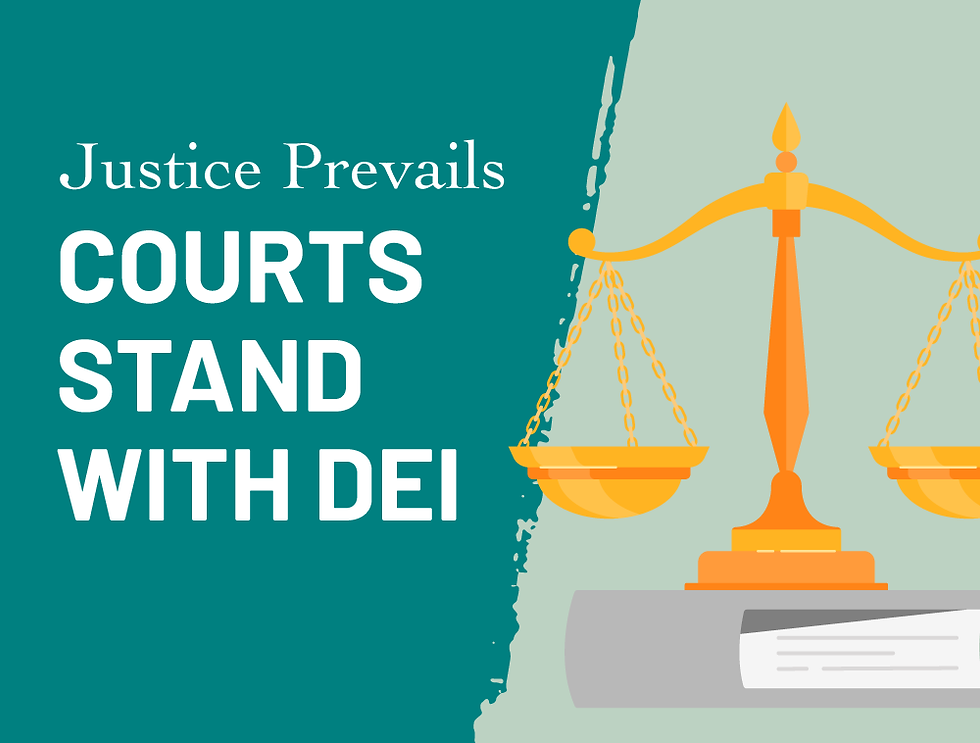Dignity in the workplace thrives when diversity, equity, inclusion, and belonging are upheld—not just as policies but as core values shaping the future of work.

Dignity is the foundation of our inherent worth and value as human beings. In Leading with Dignity, Harvard professor and conflict resolution scholar Dr. Donna Hicks outlines ten essential ways we experience our dignity: through acceptance of identity, inclusion, safety, acknowledgment, recognition, fairness, the benefit of the doubt, understanding, independence, and accountability. These principles form the bedrock of respectful human interaction, especially in the workplace, where people from diverse backgrounds come together to solve complex challenges necessary for the human condition to thrive.
At the heart of dignity in professional spaces lies Diversity, Equity, Inclusion, and Belonging (DEIB). These principles ensure that individuals are respected for their unique contributions and are given equitable access to opportunities. In Equity: How to Design Organizations Where Everyone Thrives, Minal Bopaiah defines equity as fairness, explaining that an equitable workplace fosters inclusivity and provides full and unbiased access to social benefits, professional development, and leadership opportunities. Similarly, Peter Block in Community: The Structure of Belonging highlights that true belonging comes from a sense of ownership and shared responsibility within a community.
The Legal Standing of Workplace DEI Programs
Despite the clear benefits of DEI initiatives, recent debates have questioned their legality and effectiveness and executive orders have shuttered federal DEI programs with promises of retaliation toward any federal employee continuing with DEI work. However, a significant legal decision has reaffirmed the legitimacy of DEI programs. As Eric B. Meyer of The Employer Handbook reports, a federal court recently ruled that DEI training does not inherently create a hostile work environment, even when challenged by employees who feel uncomfortable with the discussions surrounding race and equity (Meyer, The Employer Handbook).
Three Key Takeaways from the Court’s Decision
1. DEI Programs Promote Fairness and Inclusion
The court acknowledged that DEI programs aim to address racial inequalities and foster fairness in the workplace. It stated unequivocally, “Efforts to address racism in the workplace—such as DEI initiatives—are not by their very nature discriminatory against whites.” This reinforces the notion that DEI training is about ensuring that all employees, regardless of background, have equal opportunities and are treated with respect.
2. Discomfort Does Not Equal Discrimination
One of the most crucial points in the ruling is that discomfort or disagreement with DEI training does not amount to workplace discrimination. The court ruled, “Discomfort or disagreement with the content of diversity training does not constitute a hostile work environment under anti-discrimination laws.” This underscores the idea that learning about topics such as systemic racism and implicit bias may cause unease but does not violate legal standards unless the training is “sufficiently severe or pervasive” to alter working conditions and create an abusive environment.
3. DEI Training Is Not a Personal Attack
The court acknowledged that discussions of institutional racism, oppression, and intersectionality can be challenging. However, it emphasized that these discussions are not personal attacks on white employees. Instead, they aim to foster understanding and workplace equity. The ruling further pointed out that equating DEI training with a hostile work environment “trivializes the freedom protected by [anti-discrimination laws].”
This legal affirmation provides critical guidance for employers committed to fostering inclusive workplaces. The ruling establishes that DEI training remains a lawful and necessary tool for promoting fairness, inclusion, and workplace dignity. Organizations that embrace DEIB principles not only comply with legal standards but also cultivate environments where all employees feel valued and empowered to contribute. By focusing on fairness, addressing discomfort constructively, and ensuring respectful discussions, DEI training continues to be a vital mechanism for creating fair and thriving workplaces.
For employers and employees alike, this decision highlights a crucial truth: dignity in the workplace thrives when diversity, equity, inclusion, and belonging are upheld—not just as policies but as core values shaping the future of work.
Workplace Peace Institute is an organization systems design and research firm that is singularly focused on creating workplace cultures where people thrive. Workplace Peace Institute supports small to mid-sized businesses in optimizing employee engagement, maximizing organizational productivity, and improving profitability by infusing human security and dignity as foundational attributes of their business model. Our Leadership Academy supports leaders in honoring basic human needs and dignity needs in the workplace, so they can actualize human potential in the workplace. The online Leadership Academy optimizes competencies in human behavior, communication skills, conflict resolution, and Diversity, Equity, Inclusion and Belonging to create highly engaged workplaces where basic human needs and dignity are consistently honored. All our courses are offered online and can be customized for in-person workshops and seminars.
Yorumlar